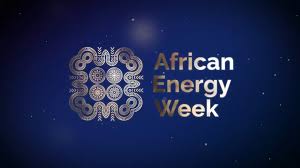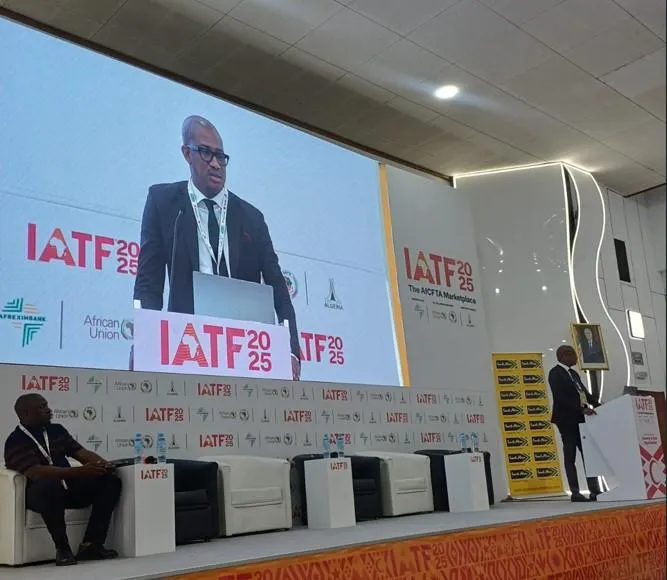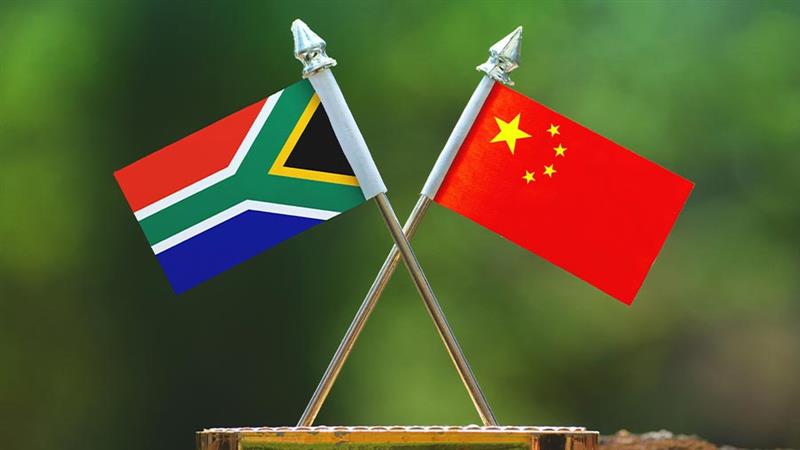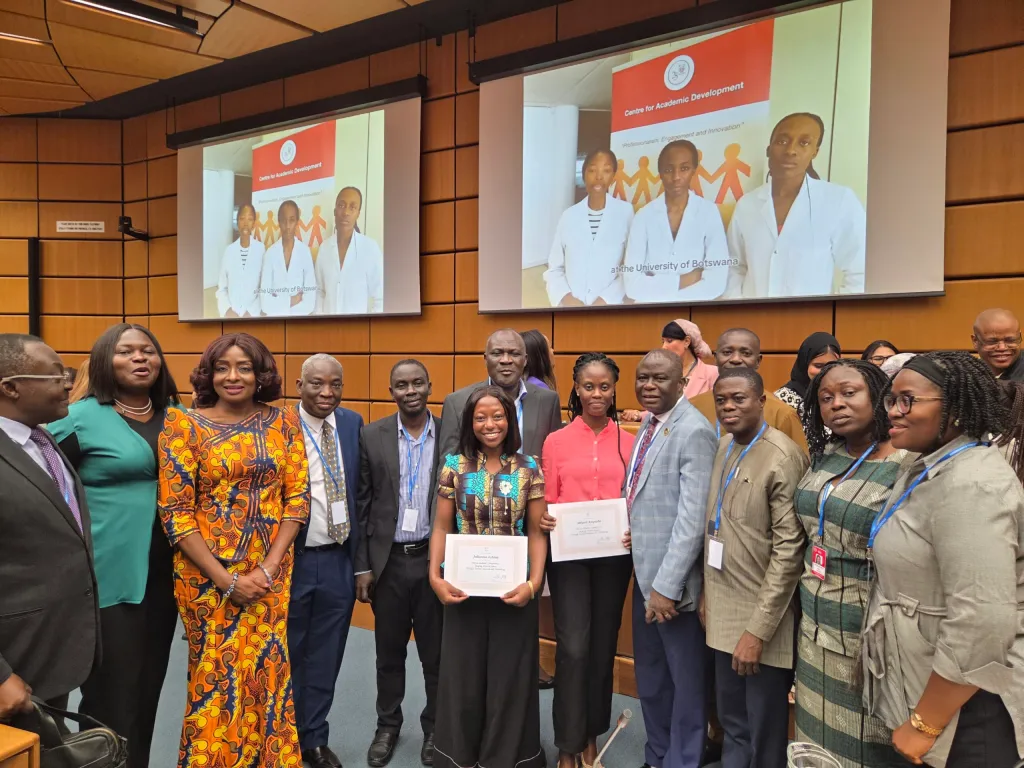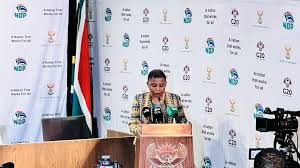Energy Other

Uganda Partners on $5.5 Billion Digital Economy Project Featuring National Digital Currency
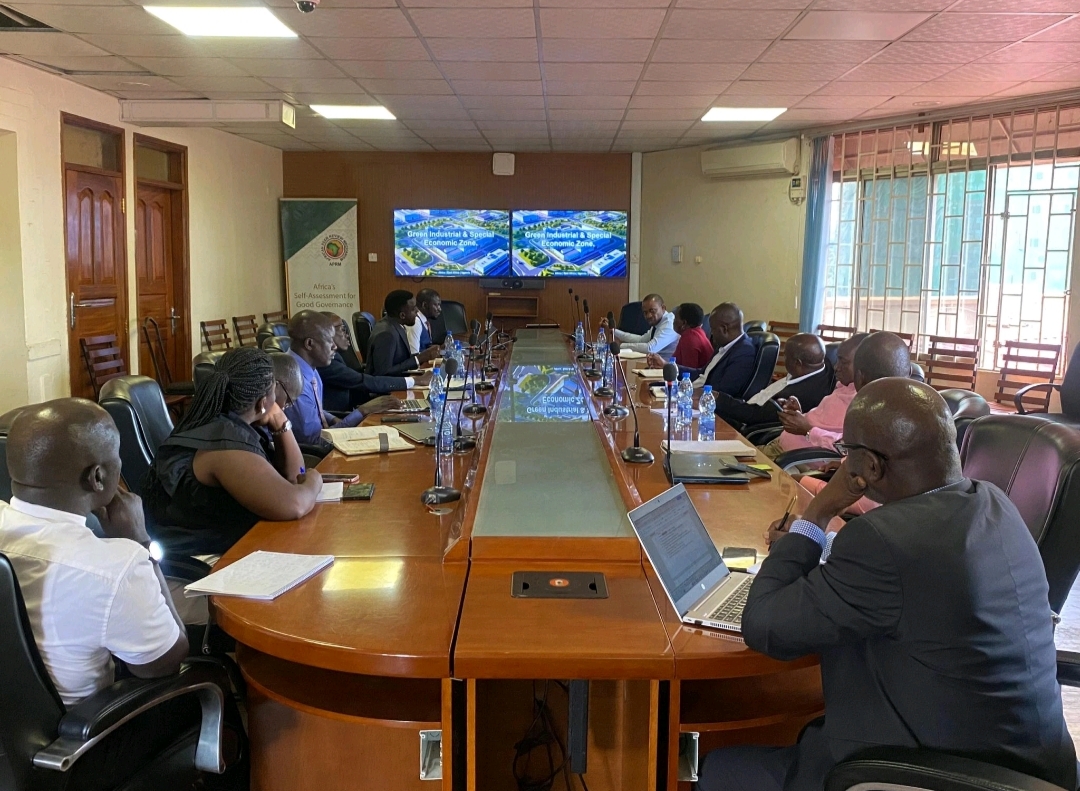
Uganda has embarked on a transformative $5.5 billion national digital infrastructure project through a partnership between the Ugandan firm Diacente Group and the US-based Global Settlement Network (GSN). The ambitious plan aims to digitally link the country's key economic sectors—farms, mines, power projects, and factories—and will include a pilot of Uganda's first central bank digital currency (CBDC), the digital shilling.
A Digitally-Driven Economic Overhaul
The project is designed to create a "programmable economy grounded in real assets," according to Ryan Kirkley, co-founder and CEO of GSN. The digital shilling, which will be backed by treasury bonds, will allow millions of Ugandans to send, receive, and save money using basic mobile phones via USSD technology, directly tying financial activity to real economic production.
This initiative is particularly significant for Uganda, where over 80% of the workforce operates in the informal economy. The system promises to make trade faster, cheaper, and more transparent, while keeping control of the digital infrastructure within Uganda through locally managed and licensed technology.
Phased Rollout and Job Creation in a Green Economic Zone
The rollout will commence in the government-backed Karamoja Green Industrial and Special Economic Zone (GISEZ), a cornerstone of Uganda’s Vision 2040 plan to industrialize the nation and grow its economy to $500 billion. The zone is expected to create over one million jobs across farming, mining, and manufacturing, serving as a live testbed for the new digital currency and its connected services.
“This goes beyond infrastructure. It is about unlocking long-term value for our people and our region,” said Edgar Agaba, chairman of Diacente Group. “We are creating transparent, technology-driven ecosystems that empower local industries and attract sustainable capital.”
Learning from Past Mistakes and Capturing Local Value
The project's design aims to avoid the pitfalls of previous African digital currencies, such as Nigeria's eNaira, which saw low adoption. GSN’s strategy is to embed the digital shilling directly into commercial activities from the start.
“Previous systems failed because they were not linked to real use,” Kirkley explained. “We are starting with industries, with jobs and production, so people have a reason to use it.”
This means farmers could be paid instantly for their crops, traders could settle cross-region payments securely via phone, and small businesses could build credit using their verified digital records. The ultimate goal is to help Uganda capture more value from its own production by reducing reliance on foreign settlement systems that add cost and delay.
The $5.5 billion investment will be financed through tokenized loans and investors from Korea and the Middle East. GSN estimates that, over time, the project could extend formal financial access to more than 60 million people across East Africa.




